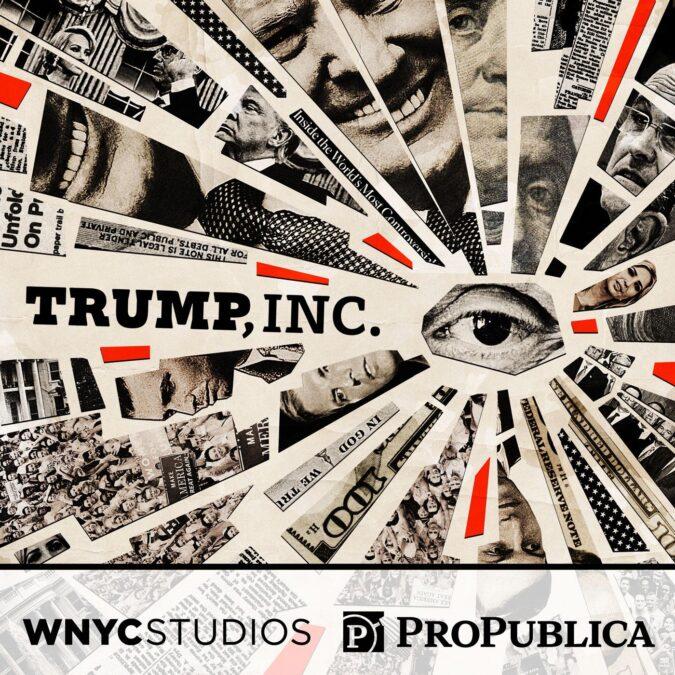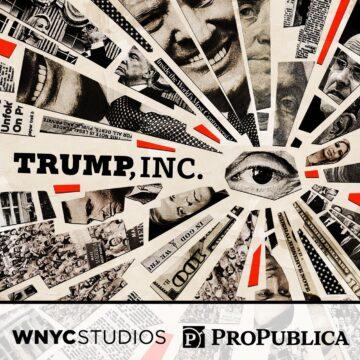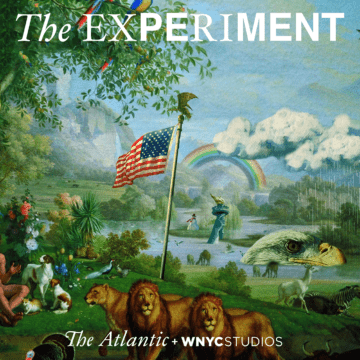Lev Parnas and Igor Fruman have attained notoriety for their parts in the Ukraine mess. They’re both Soviet-born U.S. citizens who worked closely with the president’s personal lawyer, Rudy Giuliani, serving as emissaries in the campaign to oust then-U.S. Ambassador Marie Yovanovitch and press Ukraine’s government to investigate Joe Biden’s son.
But Parnas and Fruman also exemplify the shattering of norms when it comes to the influence of big money in politics during the administration of President Donald Trump.
“Parnas and Fruman are not the first people that we’ve seen fit this mold of someone with deep foreign connections, who’s never given campaign contributions before, suddenly starts giving large amounts of political contributions and then shows up at exclusive events,” said Robert Maguire, the research director at Citizens for Responsibility and Ethics in Washington, or CREW. But he says they can be a model for what to look for: political newcomers suddenly making big donations, often using an LLC to obscure their identity.
Parnas and Fruman now face federal criminal charges for, among other things, allegedly funneling foreign money into U.S. elections and trying to hide its source. (They’ve pleaded not guilty.)
The law is clear on this: “At the most basic level, one is not allowed to solicit, accept, or receive any foreign money in connection with a US election at the state, federal, or local level,” said Ellen Weintraub, a member of the Federal Election Commission. In practice, though, it’s perhaps easier than ever for foreign money to enter the American political system undetected.
Learn more about how you can dig into campaign finance documents yourself with our new Reporting Recipe. Read about how watchdogs identified Parnas and Fruman’s suspicious campaign contributions at ProPublica. An earlier version of this story incorrectly identified FEC vice-chair Steven Walther as a Republican; he is an independent.



